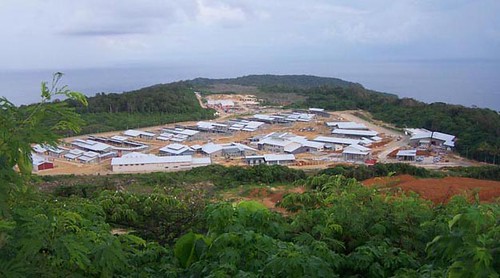Sitting on the train back from Stockholm. Today has been a long hard, but fruitful, day. The theme for today was democracy and the trip started with an early train to Stockholm. First an internal meeting for a book I have a short chapter in and then the public games began.
The first session consisted of presentations by Peter Dahlgren and Tobias Olsson and was completed with a panel discussion. Their theme was on the topic of young peoples use of technology for democracy. This was followed by a session on global democracy. This began with the chair Erik Amnå presenting and was followed by positions being taken by Gustav Fridolin, Jerker Thorsell and Silakhdar Krikeb on the topic of the world citizen. Interesting stuff on a topic which is hard to position and pin down.
The final session was centered around the topic of technology and democracy. Here the speakers were (besides me), Karin Rebas and Erika Augustinsson. This was a difficult topic to focus but we had discussions on the importance of blogs in political communication and the growth of collaborative information production (such as wikis) and their relation to democracy. My focus was on the importance of remembering that Internet infrastructure is a socio/technical/economic infrastructure in the hands of private companies and should not be seen as a public good.
The whole day was full of interesting people – both on and off the scene. But now it’s after nine pm and I still have two hours on the train before reaching Göteborg.




